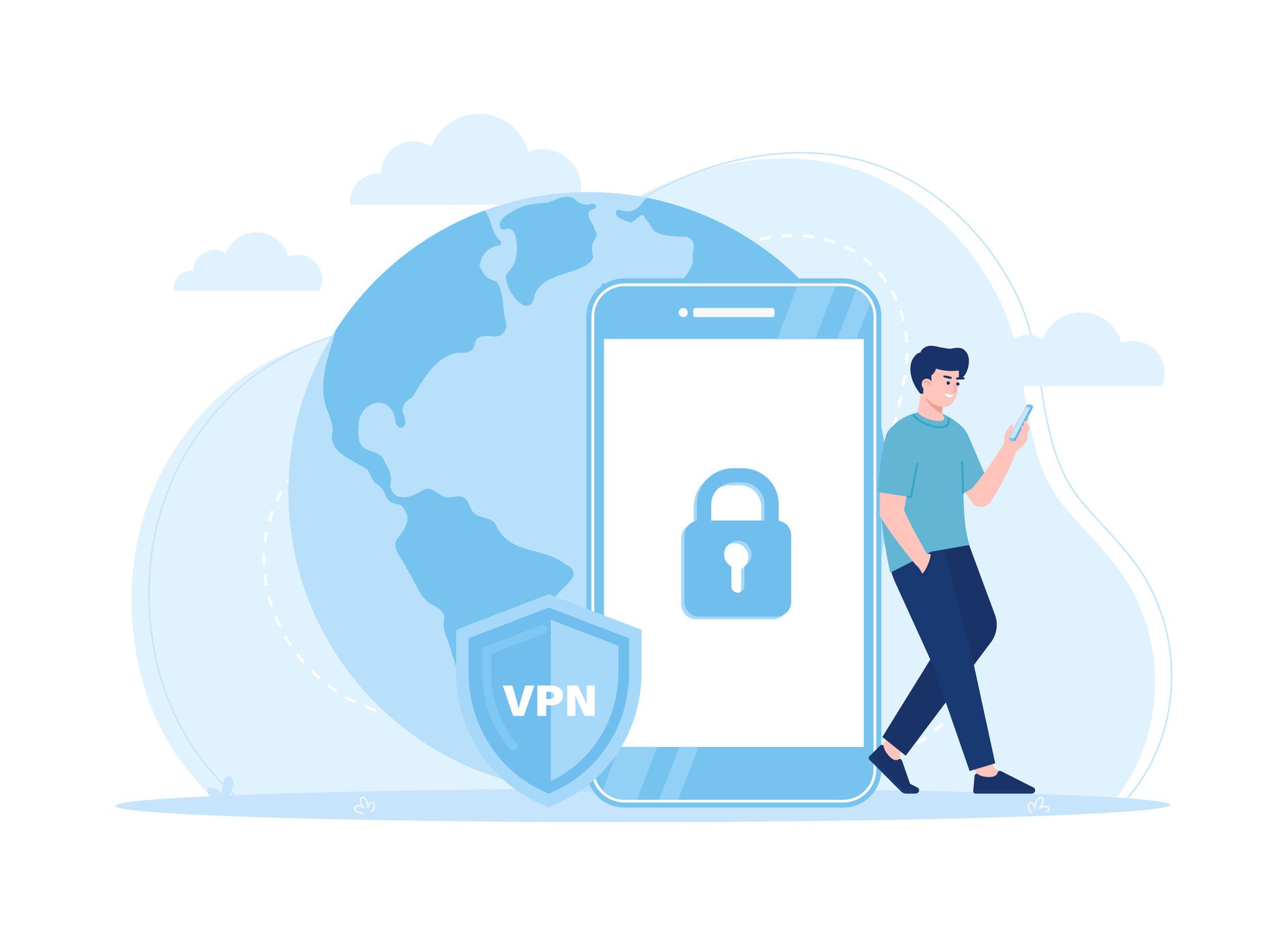In an age where data privacy is a growing concern, I find it crucial to actively protect myself from Internet Service Provider (ISP) monitoring. ISPs have the capability to track online activities, gather user data, and even sell it to third parties. As someone who values internet privacy, I have explored various methods to safeguard my online presence, and using a Virtual Private Network (VPN) has been my most effective solution. Here’s a comprehensive look at how I utilize VPNs to guard against ISP surveillance.

✅ Current deal: 🔥 Get NordVPN with up to 75% OFF! 🔥
Understanding ISP Monitoring
Before diving into how I protect myself, it’s important to grasp what ISP monitoring entails. ISPs can monitor the websites I visit, the applications I use, and the content I download. This information can provide a comprehensive profile based on my online behavior. Without proper protection, this data can be exploited for targeted advertising or even worse, shared with governmental agencies under the guise of national security.
The Role of VPNs in Protecting Privacy
A VPN serves as a secure tunnel between my device and the internet. When I connect to a VPN, my internet traffic is routed through an encrypted server. This encryption makes it challenging for ISPs to decipher what I’m doing online, effectively shielding my activities from prying eyes. Here’s how I leverage VPNs to combat ISP monitoring:
1. Encryption of Data
One of the primary benefits of using a VPN is data encryption. My data is transformed into a code that only I and my chosen VPN server can decrypt. This means that even if my ISP decides to check my traffic, they would see nothing but scrambled information.
2. Anonymous Browsing
By masking my IP address, a VPN allows me to surf the internet anonymously. My actual location and online identity become obscured, making it impossible for ISPs to track my online behavior back to me. When I access websites, they only see the IP address of the VPN server I’m connected to.
3. Bypassing Restrictions
In some cases, ISPs may impose restrictions based on regional regulations or content availability. With a VPN, I can connect to servers in different regions, allowing me to bypass these restrictions. I can access a wider array of online content without fear of being monitored.
4. Avoiding Throttling
ISPs sometimes throttle bandwidth during high-usage periods, which can slow down my internet speed when I stream videos or play online games. By using a VPN, I can minimize the likelihood of throttling, as my ISP cannot see which services I am using.
Choosing the Right VPN Provider
To get the most out of a VPN, I ensure I choose a trustworthy provider. Not all VPNs are created equal, and some may even compromise my privacy instead of protecting it. Here’s what I look for in a VPN service:
-
No-logs Policy: I prioritize VPNs that have a strict no-logs policy, ensuring that no data about my online activities is stored.
-
Strong Encryption Standards: It’s important for me to verify that the VPN uses robust encryption methods, such as AES-256, to keep my data secure.
-
Fast Speeds: A VPN should maintain good speeds to avoid lagging during activities like streaming or gaming.
-
Multiple Server Locations: I prefer a VPN that offers a wide range of server locations, allowing me to bypass regional restrictions effectively.
-
User-friendly Interface: A simple, intuitive interface enables me to connect quickly without hassle.
Tips for Increased Privacy While Using a VPN
Employing a VPN is just one piece of the puzzle when it comes to protecting myself from ISP monitoring. Here are some additional tips I follow to bolster my online privacy:
-
Regularly Update VPN Software: I ensure that my VPN app is up to date to benefit from the latest security features and patches.
-
Always Use Public Wi-Fi with VPN: I use a VPN whenever I connect to public Wi-Fi networks to safeguard my data from potential snoopers.
-
Turn on Kill Switch: Activating the kill switch feature of my VPN prevents any internet traffic if the VPN connection drops, reducing the risk of exposing my data.
-
Disable WebRTC: I disable WebRTC in my browser settings to prevent IP leaks that could expose my actual IP address.
-
Review Connection Logs: Whenever I get the chance, I check the connection logs (if available) to ensure no unusual activities were recorded.
-
Educate Myself on Threats: Keeping myself informed about the latest cybersecurity trends helps me stay one step ahead of potential violations of my privacy.
✅ Current deal: 🔥 Get NordVPN with up to 75% OFF! 🔥
Conclusion
By utilizing a VPN and adopting a few additional privacy practices, I am able to significantly enhance my online security and protect myself from ISP monitoring. While no single method offers complete protection, combined efforts can safeguard my online activities against unwanted surveillance. In this digital age, taking proactive measures is essential. Each step I take towards enhancing my privacy contributes to a safer online environment.
Affiliate Disclosure: By clicking on our links, we may earn commissions at no additional cost to you.